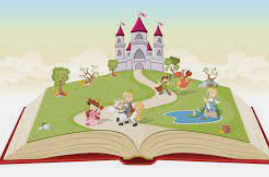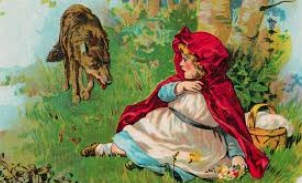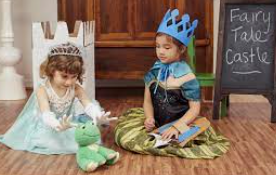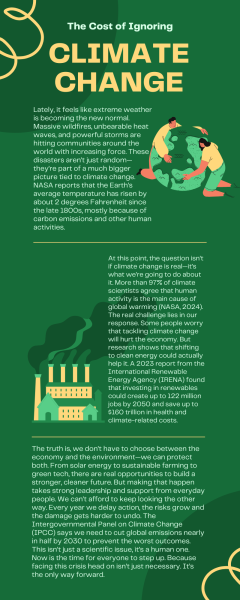Psychology and Fairy Tales: How Stories Develop Young Minds

Once upon a time, parents told their children fairy tales at bedtime. Some read from books, others recalled from memory, and the more lax showed movies. No matter what format they took, fairy tales are ingrained in our minds, lives, and culture. The stories we all hold close to our hearts may seem straightforward and plain, but stories about talking bears and dancing birds actually have quite a few psychological effects, shockingly.
 Fairy tales, like most children’s media, are intended to teach a very obvious lesson or moral. “Beauty and the Beast” teaches not to judge someone for their looks, “Jack and the Bean Stalk” teaches that exploring can be dangerous and stealing is wrong, “Little Red Riding Hood” teaches us not to be lured in. Using fiction, fairy tales help develop necessary skills and develop children emotionally and socially. The thought process behind the child’s development is quite simple: place difficult concepts in allegorical terms and complex figures into archetypal characters so that a basis for problem-solving is formed. Fairy tales don’t teach you how to solve every issue in life, but they provide a measuring stick on which children can develop the ability to solve these issues. Without these earlier exposures to decision-making and morality, it is likely that we would lack a lot of necessary life skills.
Fairy tales, like most children’s media, are intended to teach a very obvious lesson or moral. “Beauty and the Beast” teaches not to judge someone for their looks, “Jack and the Bean Stalk” teaches that exploring can be dangerous and stealing is wrong, “Little Red Riding Hood” teaches us not to be lured in. Using fiction, fairy tales help develop necessary skills and develop children emotionally and socially. The thought process behind the child’s development is quite simple: place difficult concepts in allegorical terms and complex figures into archetypal characters so that a basis for problem-solving is formed. Fairy tales don’t teach you how to solve every issue in life, but they provide a measuring stick on which children can develop the ability to solve these issues. Without these earlier exposures to decision-making and morality, it is likely that we would lack a lot of necessary life skills.
 All kinds of stories, whether television or picture books, help develop cognitive ability in several forms. However, a very specific bonus lies within fairy tales. Most children use their imagination to grow other skills and thought processes, which is why children “play pretend.” By acting out stories with clear-cut morals, simplistic storylines, and obvious lines of reasoning, children can both grow their imagination, logical abilities, memories, and ethical processing. And though children may not be actively pretending to be characters (though many do), most are placing themselves in the places of the characters, heightening their empathetic abilities.
All kinds of stories, whether television or picture books, help develop cognitive ability in several forms. However, a very specific bonus lies within fairy tales. Most children use their imagination to grow other skills and thought processes, which is why children “play pretend.” By acting out stories with clear-cut morals, simplistic storylines, and obvious lines of reasoning, children can both grow their imagination, logical abilities, memories, and ethical processing. And though children may not be actively pretending to be characters (though many do), most are placing themselves in the places of the characters, heightening their empathetic abilities.
From Disney Classics, to Mother Goose, to Brothers Grimm, the same stories have been retold thousands of ways. But in the end, stories aren’t what make fairy tales great. What makes fairy tales great is kids. Watching a kid learn, enjoy, and love a story is truly one of the greatest parts of life. Only thing better? Being one of those kids.






